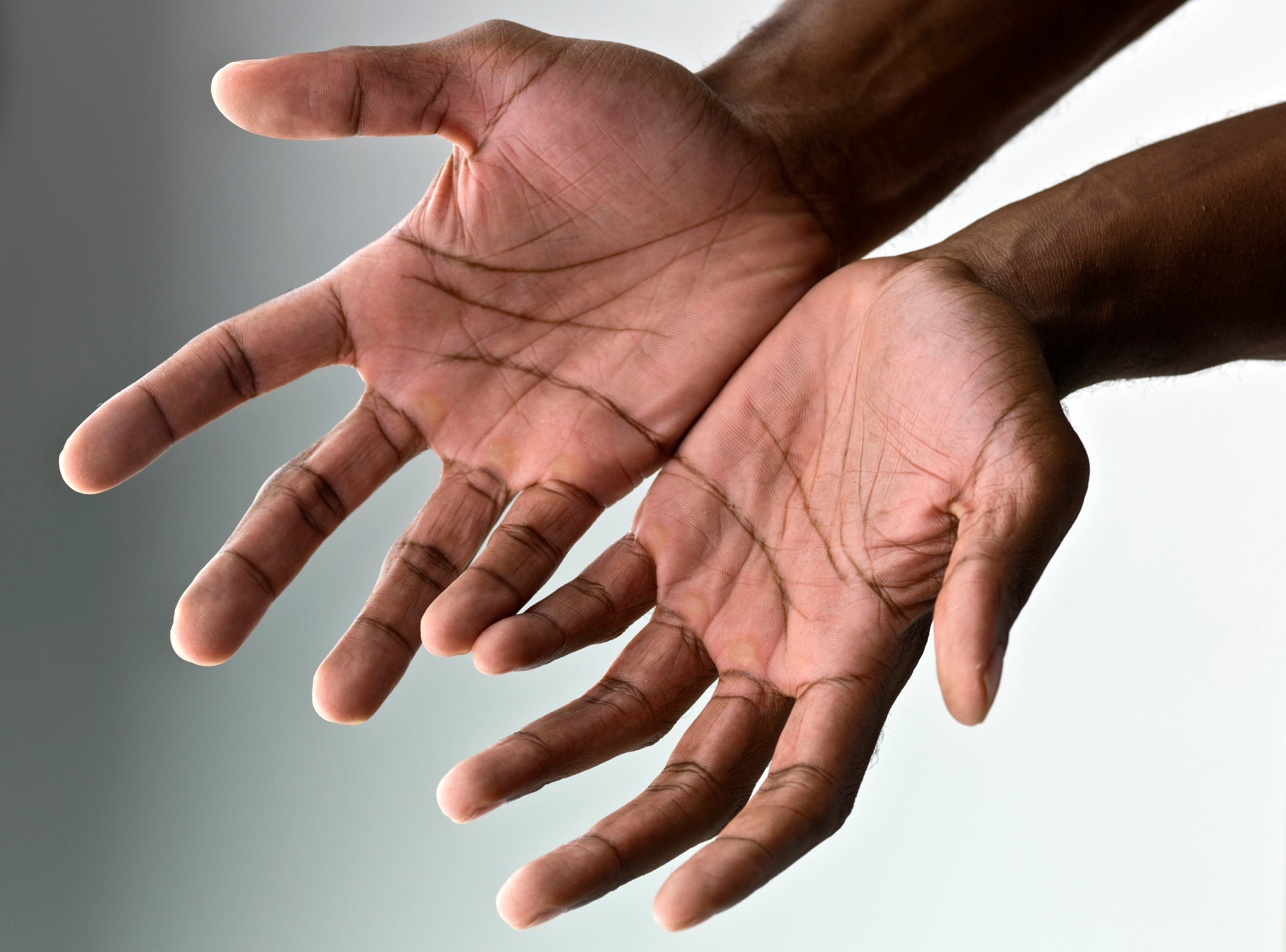Skin bleaching rife among Black, Asian and minority ethnic people despite risks, study finds
Previous studies show these products contain ingredients such as steroids and mercury that could be harmful to the skin

Your support helps us to tell the story
From reproductive rights to climate change to Big Tech, The Independent is on the ground when the story is developing. Whether it's investigating the financials of Elon Musk's pro-Trump PAC or producing our latest documentary, 'The A Word', which shines a light on the American women fighting for reproductive rights, we know how important it is to parse out the facts from the messaging.
At such a critical moment in US history, we need reporters on the ground. Your donation allows us to keep sending journalists to speak to both sides of the story.
The Independent is trusted by Americans across the entire political spectrum. And unlike many other quality news outlets, we choose not to lock Americans out of our reporting and analysis with paywalls. We believe quality journalism should be available to everyone, paid for by those who can afford it.
Your support makes all the difference.Skin lightening is common among Black, Asian and minority ethnic people in the US and many remain unaware of the health risks, new research has highlighted.
A survey of these demographic conducts by Northwestern Medicine study found that 21.3 per cent of respondents use skin-lightening products with 75.3 per cent of these respondents reporting use of them to treat a skin condition such as acne, melasma or hyperpigmentation.
The phenomenon is particularly common among minoritised women.
Colourism, the system of inequality that views fairer hues as more beautiful than darker skin complexions, can be the motivation behind skin lightening, the study found.
“The most surprising finding was the lack of awareness of ingredients in products being purchased over the counter and their potential detrimental effects,” said lead investigator Dr. Roopal Kundu, founder and director of the Northwestern Medicine Center for Ethnic Skin and Hair.
“These products are bought from chain grocery stores, community-based stores or even online and do not undergo the same type of regulation as large-chain store or prescription products.”
Previous studies show these products contain ingredients such as steroids and mercury that could be harmful to the skin.
One of Dr Kundu’s patients used the lightening product hydroquinone, also called a “bleacher”, on his face for many years; he now has permanent hyperpigmentation.
Doctors prescribe skin lighteners for some skin conditions such as melasma, and the products can be safely used under physician guidance.
However, most people who use these products do not consult a medical provider before use, according to researchers.
In 2020, the FDA received reports of serious side effects from the use of skin lightening products containing hydroquinone, including skin rashes, facial swelling and exogeneous ochronosis (the discolouration of skin).
The FDA advised consumers not to use these products due to the potential harm they may cause.
Participants of Northwestern Medicine’s study – 80 per cent of whom are women – who used skin lighteners perceived stronger colourism in their lives than those who did not use the products, according to the study.
Sales bleaching products causing skin cancer are on the rise as the sales of whitening products is predicted to reach over $15 billion US dollars by 2030, one previous estimate has projected.
Skin lightening is common in the UK, as well as the US, parts of the Caribbean and Africa.
Participants of Northwestern Medicine’s study – 80 per cent of who are women – who used skin lighteners perceived stronger colourism in their lives than those who did not use the products, according to the study.
“There is this perception that having lighter skin within a group – Southeast Asian or African populations, for example – is looked upon more favorably and manifests by making someone more attractive to a mate or more likely to get a job,” Dr Kundu said.
“The belief is that having lighter skin is tied to personal and professional success.”
Join our commenting forum
Join thought-provoking conversations, follow other Independent readers and see their replies
Comments